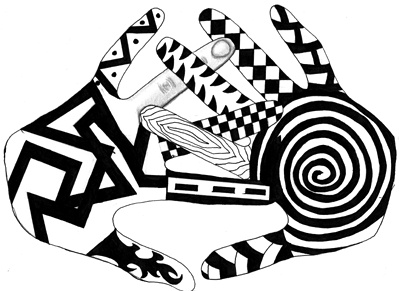All Nonfiction
- Bullying
- Books
- Academic
- Author Interviews
- Celebrity interviews
- College Articles
- College Essays
- Educator of the Year
- Heroes
- Interviews
- Memoir
- Personal Experience
- Sports
- Travel & Culture
All Opinions
- Bullying
- Current Events / Politics
- Discrimination
- Drugs / Alcohol / Smoking
- Entertainment / Celebrities
- Environment
- Love / Relationships
- Movies / Music / TV
- Pop Culture / Trends
- School / College
- Social Issues / Civics
- Spirituality / Religion
- Sports / Hobbies
All Hot Topics
- Bullying
- Community Service
- Environment
- Health
- Letters to the Editor
- Pride & Prejudice
- What Matters
- Back
Summer Guide
- Program Links
- Program Reviews
- Back
College Guide
- College Links
- College Reviews
- College Essays
- College Articles
- Back
Mishap at the Puppet Show
To the minds of puppeteers they
conform
Dangling from strings oh the puppets do go
No private life of their own there to mourn
Prancing across the small stage to and fro
Smiling painted faces, flamboyant clothes
Fail to convince but the young and naïve
Every time a new fad pokes in its nose
Right when the first goes on absence of leave.
But when a puppet its freedom achieve,
At once sober hands so frantically grip
At the weathered strings now barely perceived.
Try as it might, victim to the guilt trip
At last strings snap! but it’s out to destroy
preconceived notions. Stay gold pony boy.

Similar Articles
JOIN THE DISCUSSION
This article has 0 comments.
